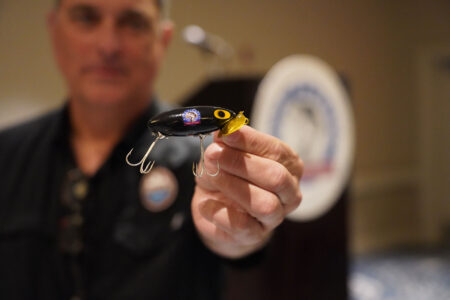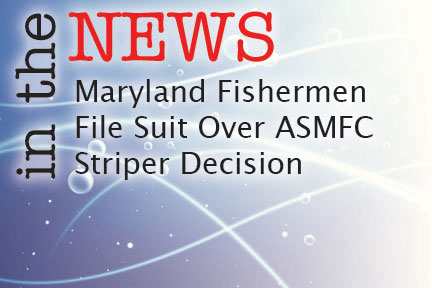Earlier this year the township of Brick announced plans to reduce the number of days that permitted beach buggies would be allowed to access Brick beaches. At a July 26 meeting of council, the new ordinance to suspend beach driving on March 15 (instead of April 30) was announced by the Council which they explained was at the request of the U.S. Department of Interior and its U.S. Fish and Wildlife Service.
After hearing from members of the fishing community, the Brick Township council voted unanimously to table the motion to allow for further discussions with the federal government. On September 13, the council officially voted to maintain the October 1 through April 30 operation of beach buggy operation, with the measure changed to restrict beach buggies from operating “on or near plant-protected areas” before November 30. Given that beach buggy operators avoid “plant-protected” areas to begin with, the surfcasting community hailed this as a big win.
However, many of the same groups which successfully spoke out against deeper restrictions on Brick beaches are now actively updating other municipalities at the Jersey Shore who might fall into the same predicament. The following letter was written by George J Browne, Public Access Chair at the Berkeley Striper Club, and co-signed by the Cape Atlantic Striper Club, Hudson River Fishermen’s Association, Jersey Coast Anglers Association and New Jersey Beach Buggy Association, and has been sent to the attention of mayors in “beach driving” municipalities at the Jersey Shore.
Dear Mayor,
It has recently been brought to the attention of surf anglers that the United States Fish and Wildlife Service (USF&WS) and New Jersey Fish and Wildlife (NJF&W) have begun requiring oceanfront municipalities to develop a Beach Management Plan for the Protection of Federally and State Listed Species. There are different species identified in the plan by USF&WS and NJF&W but the seabeach amaranth and the piping plover are the driving force behind the creation of the beach management plan.
On its face, the plan sounds beneficial for managing the beach and the associated species, but the plan neglects to include the interests of the public who use the beach. The plan typically includes, among other things, restrictions for routine dune maintenance, beach raking, and kite flying. Most important to anglers are the restrictions on beach driving. We recognize that there should be no beach driving during June, July, August, and parts of September, but the plans being proposed would further restrict beach driving, if not completely prohibit driving.
We are opposed to further beach driving restrictions and feel that the current, municipal standards are adequate. We are asking that your municipality consider the following when you must develop a beach management plan for protecting certain species of plants and birds.
- Include beach stakeholders in developing a sensible plan that protects the plant and bird species currently found on the beach without adversely affecting recreational use.
- Work with local and statewide fishing groups to educate anglers and beach buggy users as to the need to protect the species on the beach. Educating the public about conservation is a core value for many fishing clubs and organization. Anglers also enjoy the beach and all it has to offer.
- Recruit beach stakeholders (including anglers) to volunteer to work with your municipality to complete the needed tasks (e.g., identifying, marking, or delineating protected areas) to make the plan successful. Dune grass planting or beach cleanups are just two examples where local volunteers are critical to an effective program.
- Maintain the current beach driving period in your municipality.
The co-signers of the above letter went on to stress their commitment to working with the municipalities to help shape the future of beach use in each of the respective towns.



